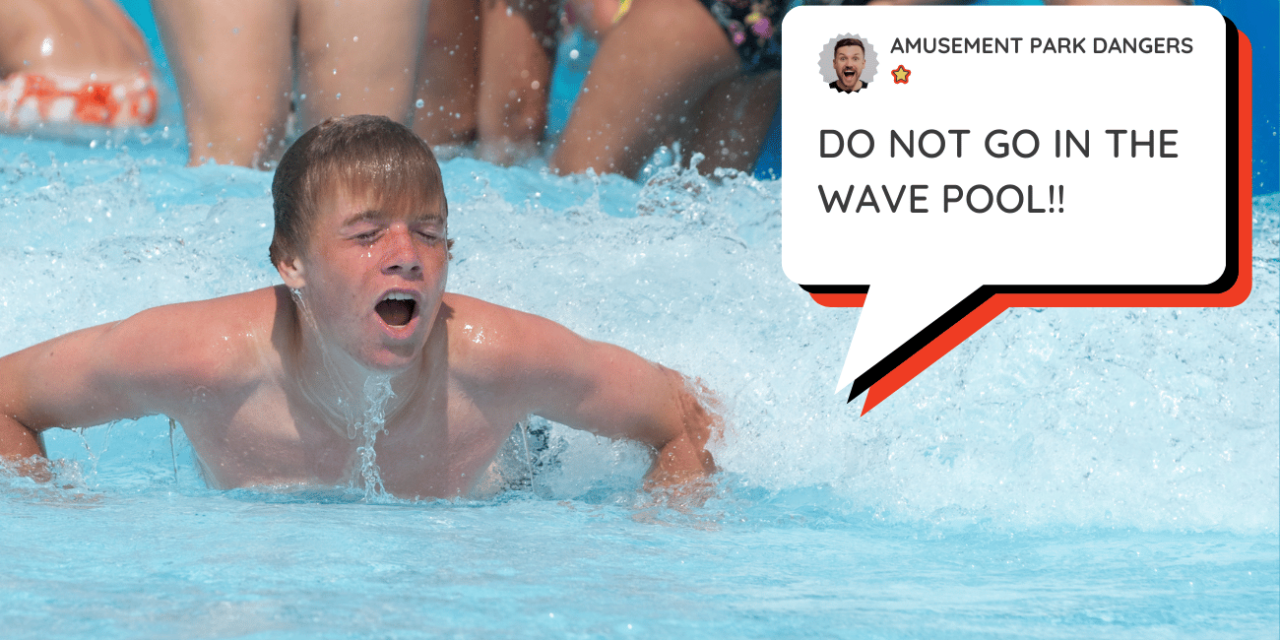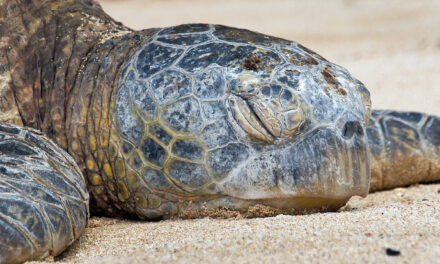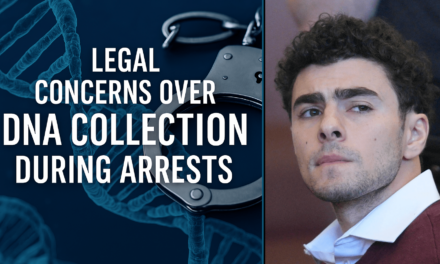Over the past several weeks, a string of tragic incidents at U.S. amusement parks has shaken parkgoers and families. From drowning accidents at water parks to a high-profile roller coaster injury, these events are a sobering reminder that theme park thrills can sometimes take a dangerous turn. Below, we recap some recent accidents, explore the legal implications (including potential wrongful death claims and settlements), and explain what you should do if you or a loved one is injured at a theme park.
Tragic Incidents at Amusement Parks in Summer 2025
Drowning Accidents: In late July, a 9-year-old girl was pulled unresponsive from a wave pool at a Pennsylvania theme park and later pronounced dead. Officials confirmed the child drowned on July 24 despite immediate rescue efforts by lifeguards and first responders. Similarly, in mid-June, a child drowned at a water park in Texarkana, Arkansas. These heartbreaking incidents underscore the inherent risks of wave pools and water rides, especially for young visitors. Wave pools generate powerful surf-like waves that can knock swimmers off their feet and mask signs of distress, making it hard even for nearby parents or lifeguards to realize someone is in trouble. Park operators have a duty to staff qualified lifeguards and enforce safety measures, but when safety protocols break down, the results can be devastating.
Roller Coaster Injury: Physical injuries aren’t limited to water attractions. In August, the daughter of a WWE Hall of Fame wrestler revealed that a roller coaster ride in Tennessee left her with life-changing injuries. During the ride’s extreme ups and downs, she hit her head and sustained a severe concussion; afterward, she suffered constant headaches and neurological symptoms for years. Eventually doctors diagnosed her with a rare neck condition, craniocervical instability, caused by torn ligaments in her neck – essentially her head was no longer securely supported by the spine. This startling case shows how even when riders survive a coaster mishap, they may endure permanent injuries requiring extensive medical treatment and rehabilitation.
These incidents – from drownings to debilitating injuries – have understandably caused public concern. Park officials often assert that such accidents are extremely rare, and statistically they are uncommon relative to millions of safe rides. But for the families affected, one accident is too many, and each case raises questions about whether better precautions could have prevented the harm.
Legal Accountability and Wrongful Death Claims
Whenever a serious amusement park accident occurs, an investigation follows to determine what went wrong and who may be legally responsible. Theme parks and water parks owe their guests a legal duty of care to provide a safe environment. This means maintaining rides and pools properly, training staff (ride operators, lifeguards, etc.) to follow safety procedures, and warning visitors of any inherent dangers. If a park or its employees fail in this duty due to negligence, they can be held liable for injuries or deaths on their premises.
In fatal accidents, families may pursue a wrongful death lawsuit against the park and any other responsible parties. For example, the family of a 14-year-old boy who fell to his death from a 430-foot drop tower ride in Florida (in a March 2022 incident) sued the park and ride manufacturer, alleging serious safety lapses. In that case, investigations found the teen exceeded the ride’s weight limit and that the seat’s safety sensors had been manually adjusted, allowing the ride to operate unsafely. The outcome has been significant: a jury recently awarded $310 million to the boy’s parents, reflecting the severity of negligence involved. (The park and ride operator had earlier settled with the family for an undisclosed sum to avoid trial.) Such a verdict – one of the largest ever for an amusement park death – confirms that courts will hold companies accountable when profits are put ahead of patron safety.
For non-fatal injuries, victims can file personal injury claims seeking compensation for medical bills, lost income, pain and suffering, and other damages. Many injury cases are settled confidentially. The compensation can vary widely depending on the circumstances – from relatively modest amounts for minor injuries, up to six- or seven-figure settlements for life-altering harm or permanent disability. An amusement park’s insurance company often gets involved quickly once a claim is made. It’s important to remember: if you’re injured due to a park’s negligence (or a ride manufacturer’s defect), you have legal rights to be made whole financially, and you shouldn’t feel hesitant to explore your options.
What to Do If You’re Injured at a Theme Park
A fun day at the park can turn chaotic in the aftermath of an accident. If you or a loved one is injured at an amusement park, taking the right steps can protect both your health and your ability to seek justice later. Here’s what to do:
-
Seek Immediate Medical Attention: Your well-being comes first. If you’re hurt – even if injuries seem minor – see a medical professional right away. Some injuries (like concussions or internal injuries from a crash) may not be obvious at first but can become serious if untreated. Prompt medical records also document your injuries, which will be important evidence.
-
Report the Incident to Park Officials: As soon as you are able, notify park staff and file an incident report detailing what happened. Make sure the report is filed in writing with the date, time, and circumstances of the accident. This creates an official record. Request a copy of the report before you leave, if possible.
-
Document Everything: If circumstances allow, gather as much information as you can at the scene. Take photos or video of the ride or area where the injury happened, especially any condition that contributed (for instance, a broken safety harness or a wet, unmarked slippery spot). Note the names of any employees involved and contact information for any eyewitnesses who saw what occurred. All of this evidence could prove invaluable later in supporting your claim.
-
Avoid Quick Settlements or Statements: In the immediate aftermath, the park’s insurance representatives may approach you with questions or even a settlement offer. Be cautious – do not give any recorded statements or sign any waivers/release forms without legal advice. You could inadvertently waive your right to full compensation. It’s okay to politely decline discussions until you’ve consulted an attorney.
-
Consult an Experienced Injury Attorney: Contact a qualified personal injury lawyer – ideally one experienced in amusement park accident cases – as soon as possible to discuss your rights. An attorney will review the facts, advise you on the strength of a potential claim, and deal with the park’s insurance on your behalf. Remember, initial consultations are often free, and a lawyer can guide you on next steps (investigating negligence, preserving evidence, etc.) while you focus on recovery.
By following these steps, you’ll be in the best position to protect your health and legal rights after a theme park accident. Serious injuries can have long-lasting physical, emotional, and financial effects – but you don’t have to face the aftermath alone.
Protecting Your Rights – Contact Pisanchyn Law Firm
A day of excitement should never end in tragedy due to someone else’s negligence. When amusement parks or ride manufacturers fail to keep visitors safe, they can and should be held accountable. The Pisanchyn Law Firm is here to help victims and families seek justice in the wake of amusement park injuries and wrongful deaths. Our experienced attorneys understand the complexities of these cases – from gathering evidence of safety violations to negotiating with large insurance companies or litigating aggressively in court if needed.
If you or a loved one has been injured at a theme park or water park, contact the Pisanchyn Law Firm today for a free consultation. We will listen to your story, explain your legal options, and fight to secure the compensation you deserve. Holding negligent parties responsible not only helps your family recover, but also pushes the industry to improve safety measures so that future tragedies can be prevented. Feel free to reach out anytime – our team is ready to advocate for you and help turn your family’s recovery into a real victory.
Remember, you don’t have to navigate the aftermath of an amusement park accident alone. We’re here to support you and to ensure that your rights are protected every step of the way. Stay safe, and know that if the unthinkable happens, the Pisanchyn Law Firm is on your side.





